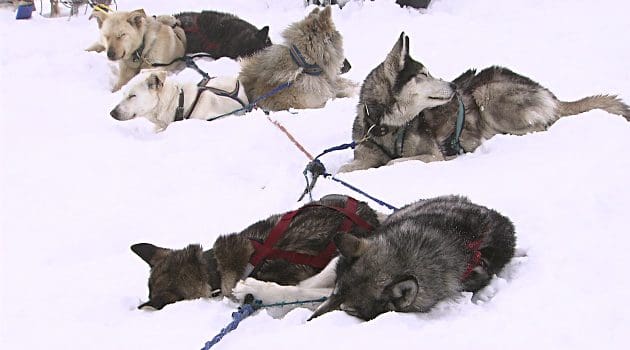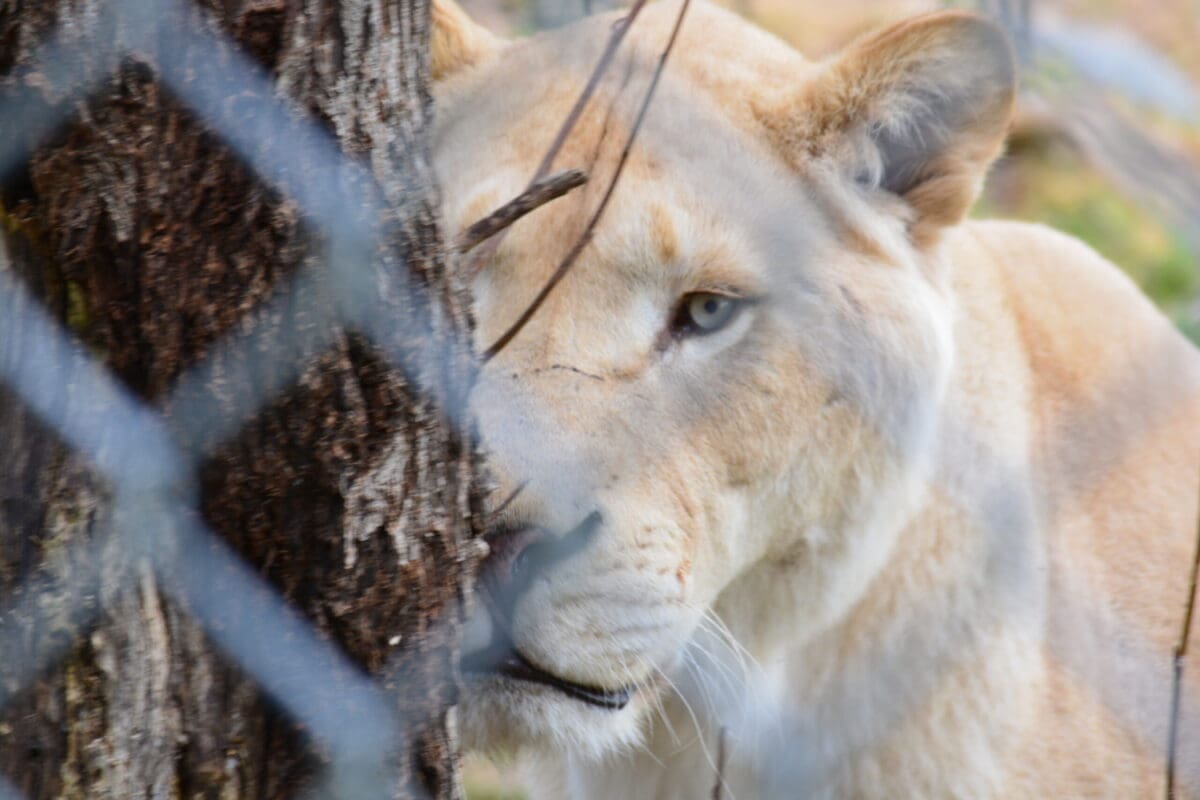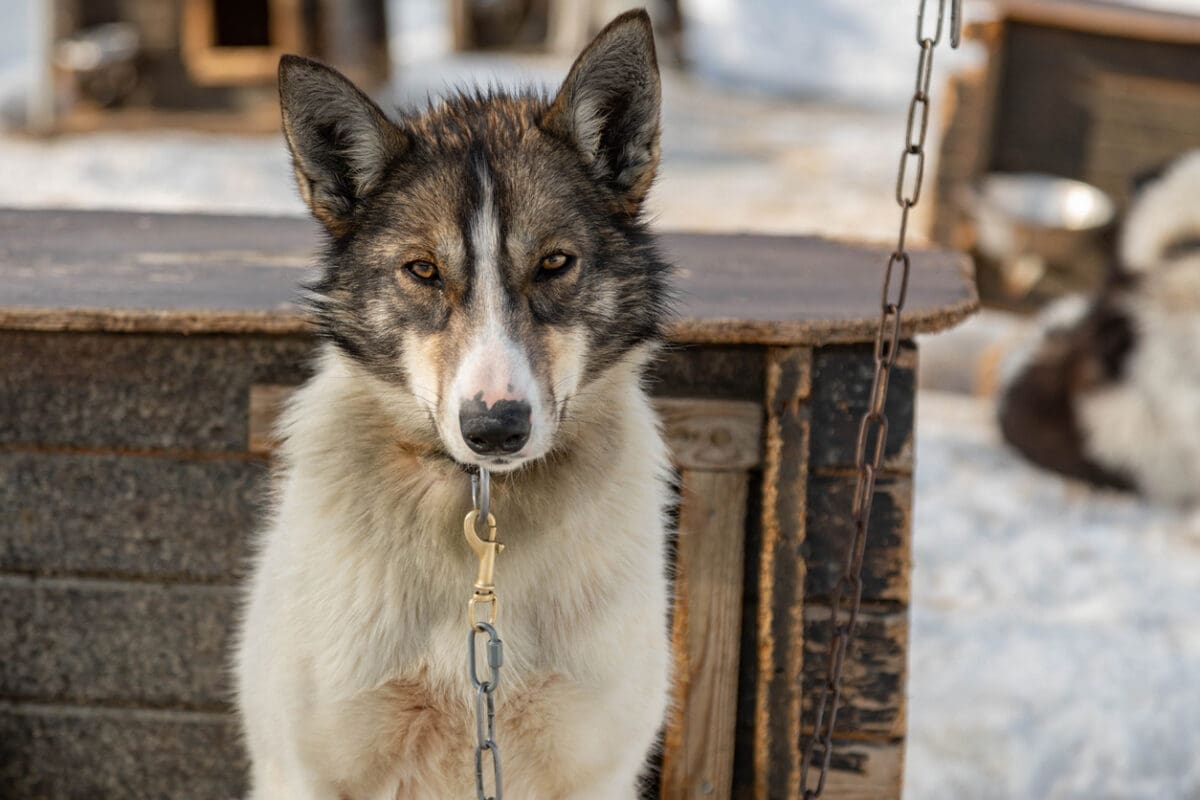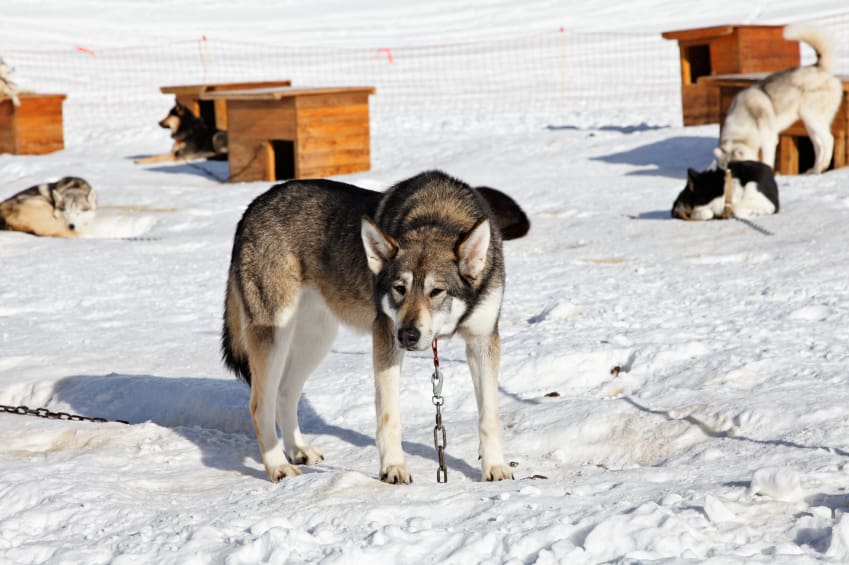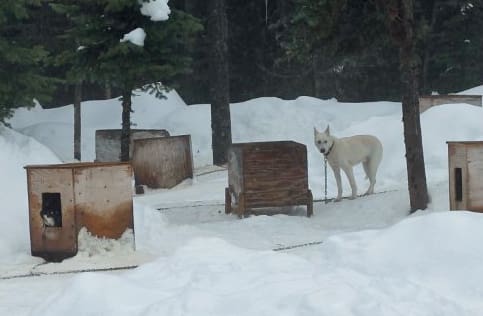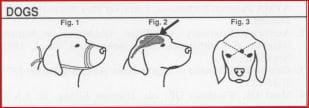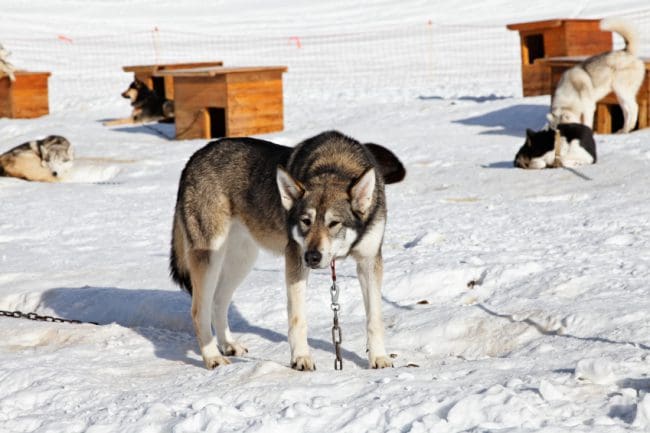Article originally published in the Vancouver Sun.
The welfare of sled dogs came to public attention in 2010 when Robert Fawcett, an employee of Howling Dogs Tours in Whistler, B.C. filed a claim for post-traumatic stress disorder. He had allegedly been ordered by his employer to kill surplus sled dogs after a downturn in business following the 2010 Olympics. He shot, stabbed and bludgeoned 56 dogs to death.
In the same year, filmmaker Fern Levitt and her husband went dog sledding in Northern Ontario. In her words: “After an exhilarating ride, I went back to see where the sled dogs lived. What I saw was unexpected and distressing — hundreds of dogs, all attached to chains several feet long, unable to move beyond their very short restraints. It was an image that I will never forget.” One of the employees told her that 30 of the dogs would be ‘culled’ if homes couldn’t be found for them.
The result was Levitt’s film Sled Dogs, which was released at the Whistler Film Festival in 2016. Every winter, Canadian SPCAs and humane societies across the country warn people to keep their animals indoors.
The Nova Scotia SPCA describes what can happen to a dog left outside as “an excruciating death.” Yet all across Canada and the US there are thousands of sled dogs chained to stakes, often 24 hours a day, with only a wooden hut or plastic igloo for a shelter. Sled dog operators say these dogs are different from companion dogs– that they’re bred for these conditions. But science does not support their claims.
In Sled Dogs, Dr. Paula Kislak, a veterinarian with the Humane Society Veterinary Medical Association states: “(Sled dogs) have the same basic needs and requirements and desires (as pet dogs), and people who claim otherwise don’t have any scientific basis to claim that.”
In fact, the Canadian Veterinary Medical Association’s code of practice for Canadian kennel operations states: “Tethering of dogs (i.e., chains or ropes used to tie the animal to an immovable object such as a stake or building) as a primary method of confinement is not acceptable.”
The code also states: “All housing should allow for enrichment strategies. Dogs are pack animals and require social interaction with their own species and with people. They do not do well in isolation.”
Dr. Kislak cites the extremes of weather as sometimes unendurable — both the high temperatures in summer and the sub-zero cold in winter. “The animals succumb to frostbite, they succumb to hypothermia, they succumb to stroke.” In summer, there’s no escape from biting insects and flies.
Perhaps even more morally indefensible is the use of sled dogs in the gruelling eight to fifteen-day, 1,000-mile Iditarod sled dog race in Alaska (due to start on March 3) and the similar Yukon Quest race. The dogs are exposed to a high risk of injury or death, as documented in Levitt’s film. They’re expected to pull a sled weighing up to 250 pounds through harsh winter conditions, including blizzards, whiteouts, gale-force winds and temperatures that can reach -73C with the wind chill.
Levitt’s film shows heart-rending scenes of dogs suffering from vomiting, extreme exhaustion, dehydration, bloody diarrhea and bleeding feet at checkpoints during the Iditarod. Dogs can’t be replaced, so mushers may be reluctant to remove ailing animals. In one disturbing scene, a severely compromised dog was forced to go on, in spite of advice from a veterinarian who was obviously trying to get the musher to remove the dog voluntarily, pointing out that the dog’s pulse was abnormally and dangerously high.
In fact, the Iditarod’s chief veterinarian admitted that about a third of the dogs fail to finish. In 2017, despite all precautions and the sled dog controversy, six dogs died — and that doesn’t take into consideration those who may have died before the race in training, or after the race as a result of the strain on their bodies.
As a result of the Howling Dogs “massacre” in Whistler, B.C. there were increased penalties in the Provincial Cruelty to Animals Act and basic standards were created for sled dog care.
Shamefully however, both 24-hour tethering and shooting dogs remain legal. The rest of Canada has no standards at all. Sadly, any time animals are used as commodities, their welfare is in danger of being compromised, even when the animal is man’s best friend.

